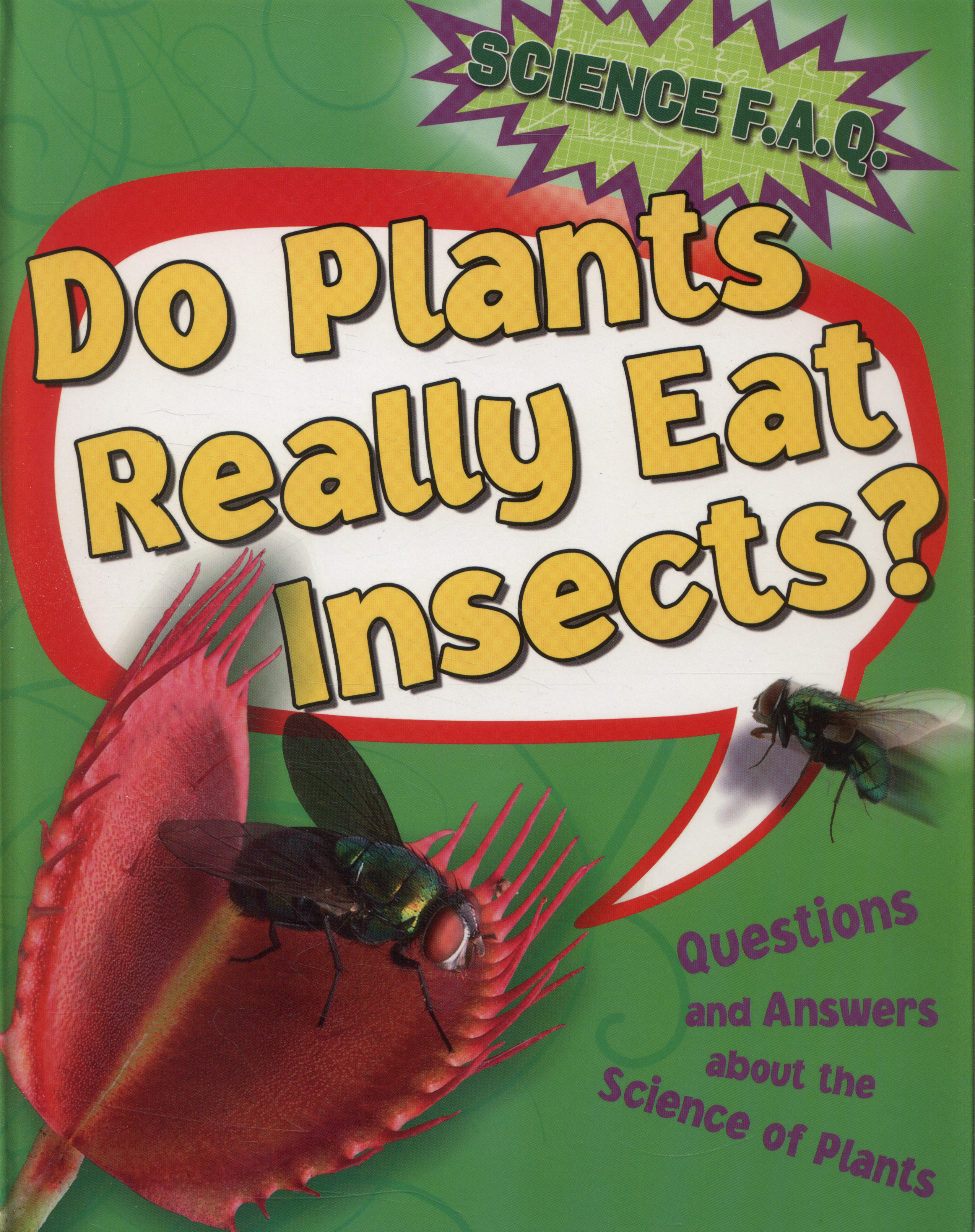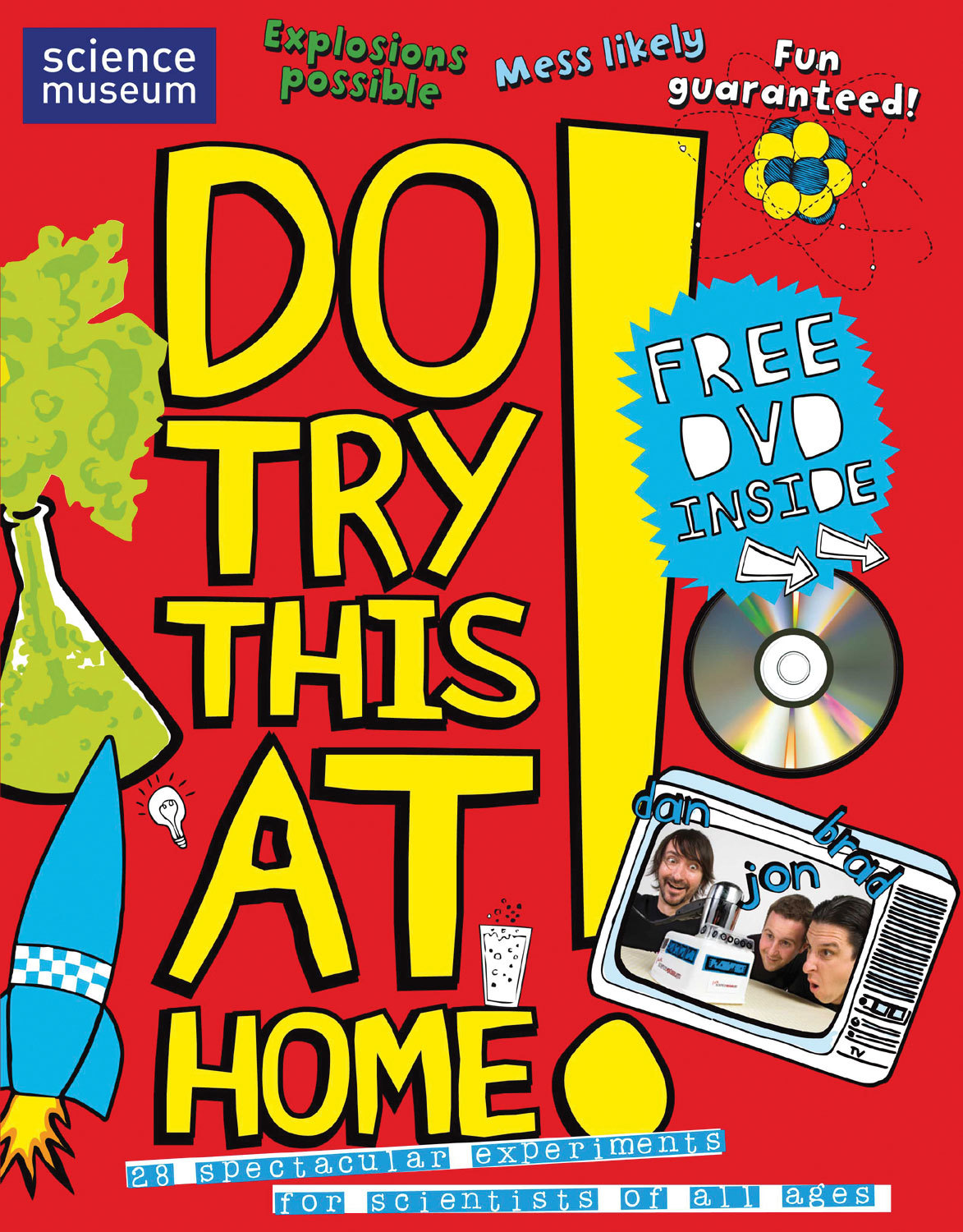Resources
Do Models Need to Be Thin to Sell Moisturiser?
This Economic and Social Research Council (ESRC) school briefing looks at the effectiveness of advertising and whether it really is necessary for advertisers to use very thin models to sell their products. Counter to this view, research shows that women are just as likely to buy a product if the model is of average...
Do plants need soil to grow?
This resource provides a set of videos and a practical investigation aimed at supporting working scientifically in the classroom and relating science to real world experiences. In the first video Professor Brian Cox joins a teacher to find out how to set up and run an investigation to find out if plants need soil...

Why do nettles sting? Do plants poo? How do plants know which way is up? Children will find out the answers to these questions and lots of other incredible facts about plants and trees. Bitesize chunks of information...
Do students perform better when schools offer extracurricular activities?
A PISA in Focus study published in 2012 from the OECD (Organisation for Economic Co-operation and Development), looks at whether students perform better in science if they are encouraged to participate in extracurricular activities, such as field trips and science projects. Most countries (22 of 31 OECD countries)...

'Do try this at home' is crammed with facts, jokes, big ideas,and experiments. The book is full colour and illustrated with artwork and photographs. It includes a cover mounted DVD featuring the Punk Science team...
Do Try This at Home*suitable for home teaching*
This set of twelve colourful postcards provides hands on activities which link to the topics of electricity, sound, forces, and changes of state. Ideal for use in the classroom, the mini-investigations are fun to do and get children thinking about the concepts involved. They are also perfect for use in after school...
Do Try This at Home: the Light Collection
This series of Marvin and Milo cards include eight simple experiments that can be performed at home that link in to the theme of light, using: - A torch and a bottle to show total internal reflection - A glass of water to make a lens - Milk and water to show the scattering of light - Making a light bulb light up...
Do U Wan2 Tlk> ;-)
A Catalyst article about mobile phones. This article looks at the science behind this popular piece of technology, such as the use of radio waves, aerials and cells. The article also explains how mobile phones are able to use short aerials.
This article is from Catalyst: GCSE Science Review 2005, Volume 16,...
Do Vampires Exist?
In this activity students consider a population growth problem which leads to a power series. The presentation can be used to introduce the topic and use of spreadsheets would enable students to model and draw graphs of the situation.
...Do we favour fatty foods?
Video from the Big Picture issue on Fat, showing an experiment to discover if we favour fatty foods.
